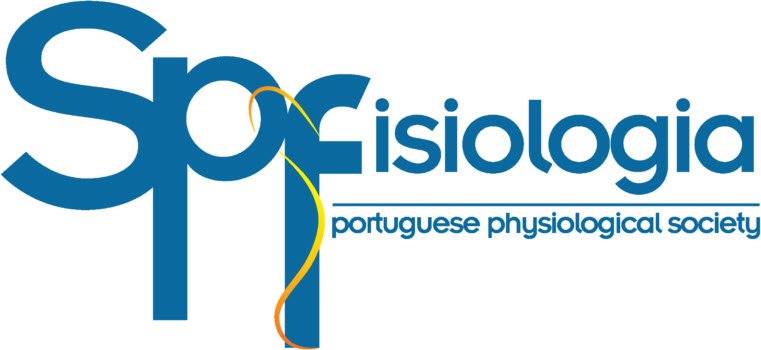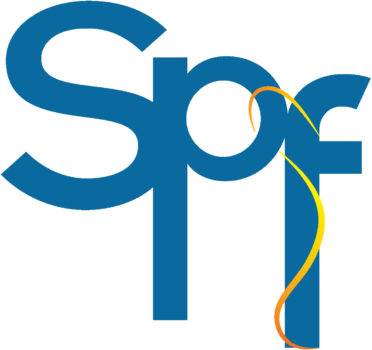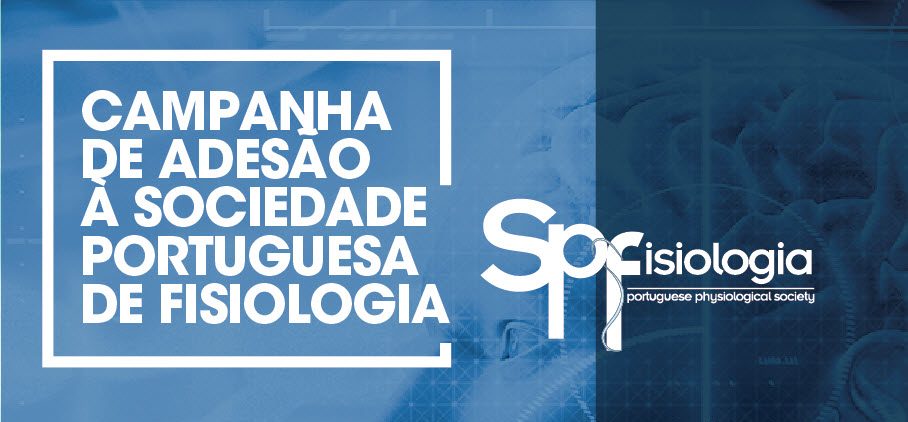Portuguese Society of Physiology
The 2025 National Meeting of the Portuguese Society of Physiology will be held in Rio Maior at the Escola Superior de Desporto of the Polytechnic of Santarém on October 11, 2025.
Important dates:
Abstract Submission – until July 7th
Early bird – until July 25th
Notification of Acceptance – until September 5th
SPF held the 3rd International Meeting of the Portuguese Society of Physiology with great success, involving around three hundred participants in two days of work. Please see more information on the meeting, photo gallery and abstract books [+ here] New!
In this edition, four Travel Awards (pecuniary) were awarded, along with one Best Poster Award and one Innovative Research Award. See photo gallery, granted Awards and Abstracts Book [+ here] New!
SPF Partners
Learn more about our Collective Partners [+ here].
FEPS position on the European Citizens’ Initiative ‘Save Cruelty Free Cosmetics – Commit to a Europe without animal testing’
Please consult the full article [+ here]
Contemporary views on the future of physiology—a report from the 2019 P-MIG focus group
Front. Physiol., 06 June 2023
Volume 14 – 2023 https://doi.org/10.3389/fphys.2023.1176146. Please consulte the complete article [+ here]
Become a SPFis member
And benefit from several advantages with the Adhesion Campaign to the Portuguese Society of Physiology.
About the Portuguese Society of Physiology
The society’s main objective is the development and cultural, scientific and pedagogical promotion of the physiological sciences, essentially aiming at the dissemination of underlying knowledge, the promotion of the highest ethical and deontological standards and the improvement of the professional skills and abilities of its members.


